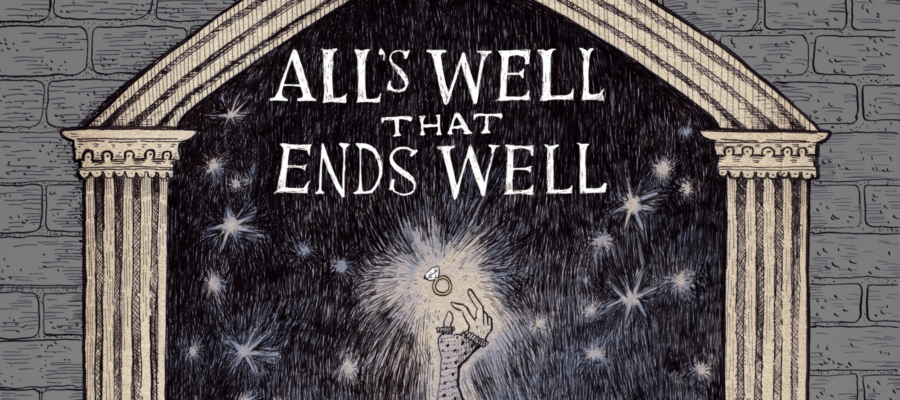Pareeshe Fatima
Tragi-comedy, a literary genre as old as theatre itself, stands at the crossroads of tragedy and comedy. It is a delicate dance between laughter and tears, where joy and sorrow intertwine, leaving audiences grappling with a spectrum of emotions. This genre defies easy definition, embracing ambiguity and paradox to present a nuanced reflection of the human experience.
Dissecting the Duality:
At its core, tragi-comedy hinges on the simultaneous presence of both tragic and comic elements. These elements can play out in various ways:
- Irony and juxtaposition: Tragic situations are often undercut by moments of absurd humor, or lofty characters find themselves in comically embarrassing situations. Conversely, humorous exchanges can be punctuated by sudden bursts of pathos, reminding us of the fragility of life and the ever-present shadow of mortality.
- Shifting perspectives: The audience’s emotional response can shift rapidly as they are forced to see events through the eyes of different characters, each experiencing the situation differently. What appears comical from one perspective might be deeply tragic from another.
- Ambiguity and uncertainty: Tragi-comedies often refuse to provide clear-cut answers or resolutions. Moral dilemmas remain unresolved, characters face conflicting desires, and the ultimate fate of the protagonists hangs in the balance. This ambiguity leaves the audience with a sense of unease, simultaneously troubled and intrigued.
Literary Masters of the Macabre:
English literature boasts a rich tradition of tragi-comedy, with each era producing its own masters of the genre. Some notable examples include:
- William Shakespeare: The Bard himself was undoubtedly a master of tragi-comedy. Plays like “Hamlet,” “Macbeth,” and “King Lear” blend moments of dark humor and slapstick with profound tragedy, exploring themes of ambition, betrayal, and the human condition.
- Christopher Marlowe: Marlowe’s “Doctor Faustus” is a classic example of a Faustian bargain gone wrong. The play combines elements of dark comedy with the tragic consequences of Faustus’s pact with the devil, offering a cautionary tale about hubris and the pursuit of forbidden knowledge.
- Ben Jonson: Jonson’s satirical comedies, like “Volpone” and “The Alchemist,” expose the folly and hypocrisy of human nature through exaggerated characters and witty dialogue. While undeniably humorous, these plays also carry a tragic undercurrent, highlighting the darkness lurking beneath the surface of society.
- Oscar Wilde: Wilde’s witticisms and social commentary shine through in plays like “The Importance of Being Earnest” and “Lady Windermere’s Fan.” While these plays are primarily comedic, they also touch upon themes of societal hypocrisy, lost innocence, and the consequences of moral missteps.
- Harold Pinter: Pinter’s plays, like “The Caretaker” and “The Birthday Party,” are masterpieces of the Absurdist movement, a subgenre of tragi-comedy characterized by a sense of existential dread and illogical situations. His work blends humor with unsettling silences and cryptic dialogue, leaving the audience to piece together the meaning of the play’s underlying anxieties.
Enduring Appeal:
The enduring appeal of tragi-comedy lies in its ability to capture the complexities of life. It reflects the inherent contradictions we face – the absurdity of our existence alongside its profound sadness, the capacity for laughter even in the midst of grief. In its exploration of these paradoxes, tragi-comedy offers a cathartic experience, allowing us to confront our own vulnerabilities and find humor in the face of darkness. As we navigate the emotional rollercoaster of a well-crafted tragi-comedy, we emerge with a deeper understanding of ourselves and the world around us.
Tragi-comedy is not merely a genre of entertainment; it is a mirror reflecting the messy reality of the human condition. It challenges us to laugh and cry, to grapple with joy and sorrow, and ultimately, to find meaning in the absurdity of our existence. This is the lasting power of this multifaceted genre, and the reason why it continues to resonate with audiences across generations.
Please, subscribe to the YouTube channel of republicpolicy.com















